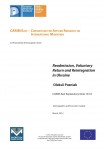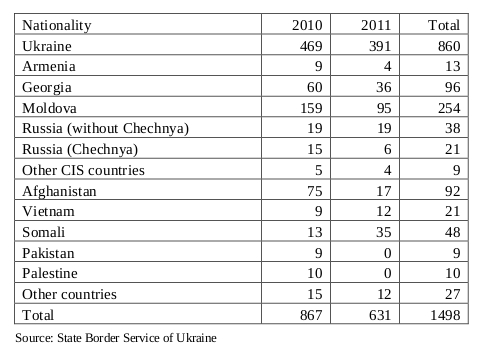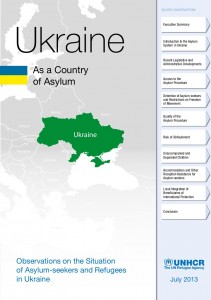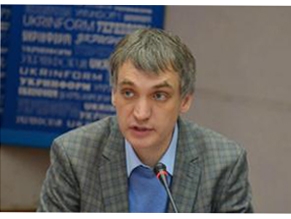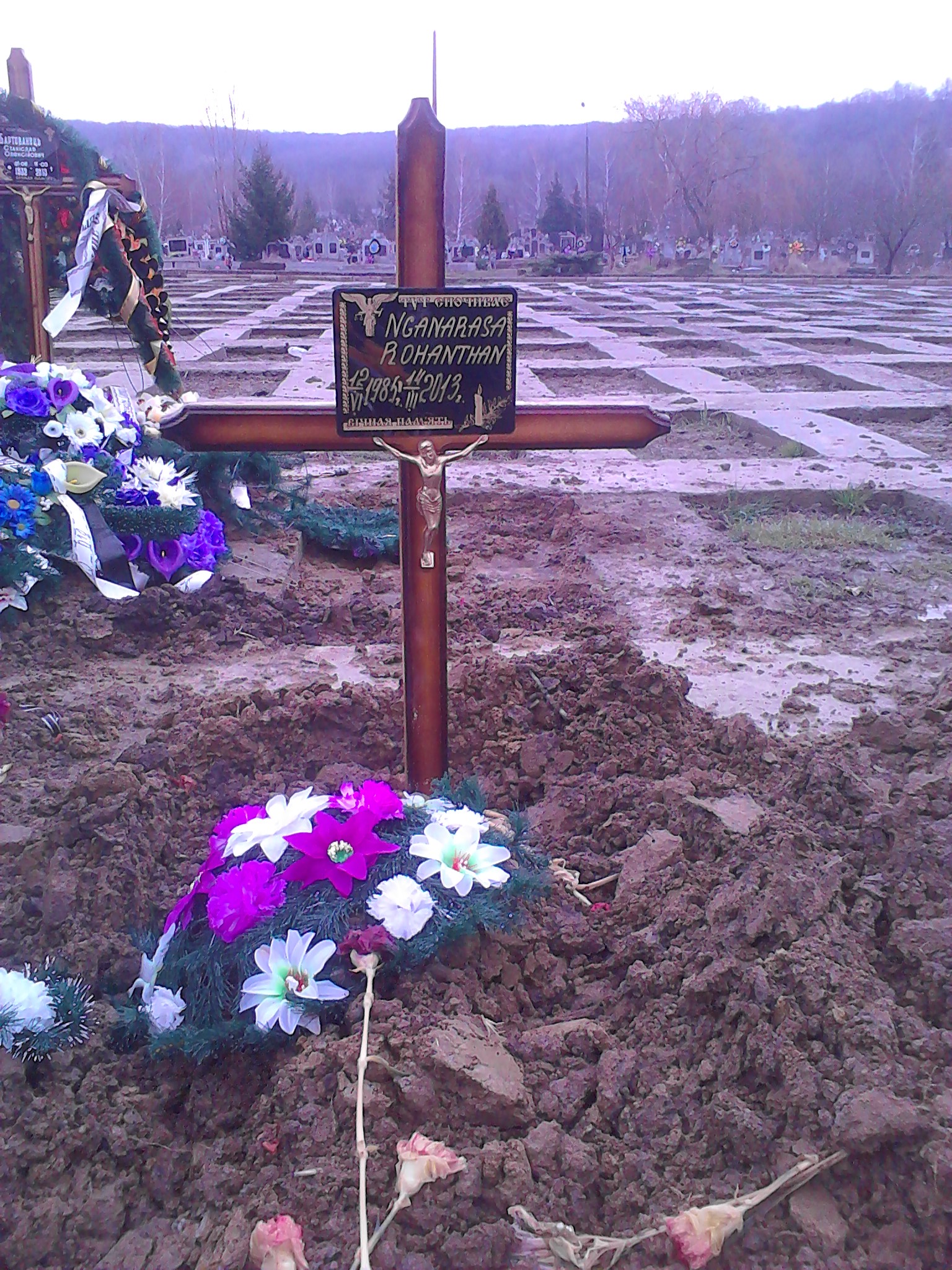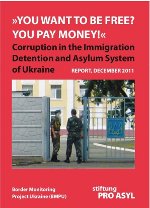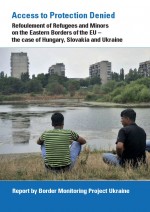Kyiv City Administration is planning to close the Refugee Integration Centre, which has been operating since 1998. The Centre is a unique institution where children and adults can find not only legal and psychological assistance but also home.
Since 2010 Kyiv City Administration has attempted to make the Centre vacate its premises without offering an alternative. In April 2013 Kyiv City Administration started court proceedings against the Centre without presenting credible housing arguments. The closure of the center does not comply with Geneva Refugee Convention ratified by Ukraine in 2002. Moreover, it is against the Refugee Integration Plan adopted by Ukraine’s Government in 2012. On 29 May 2013, 80 refugees from different counties and human rights activists participated in a protest against the threat of Centre closure organized in front of the State Migration Service head office in Kiev.
On this occasion, as well as on the occasion of the World Refugee Day (20 June) PRAVO. Berlin Group for Human Rights in Ukraine has held a panel discussion in Berlin on 21 June 2013. Iryna Fedorovych, Co-coordinator of the project “No Borders” based at Kyiv Social Centre, emphasized the importance of the Centre for refugees in Ukraine as well as the necessity to amend current EU migration policies in order to ensure a human rights-based approach in treatment of refugees. She also explained that although Ukraine receives EU funding, most of it is spent on strengthening its border controls and refugee repatriation; hardly any funds are allocated to improving living conditions of refugees. Furthermore, numerous gaps in the implementation of refugee protection law combined with the absence of the state of law, has a negative impact on the lives of refugees and asylum seekers in Ukraine.
At the moment more than half of all refugees and asylum seekers on Ukraine’s territory live in Kyiv. According to the information provided by the Ukrainian charity “Rokada”, which has run the Refugee Centre in Kyiv since 2003, these are around 2.000 refugees and asylum-seekers, including 200 children.
PRAVO. Berlin Group for Human Rights in Ukraine points up the crucial importance of the Refugee Integration Centre in Ukraine and urges Kyiv City Administration to find a consensus-based solution and support the work of the Centre.
Contact: kontakt@humanrightsinua.de; www.humanrightsinua.de
